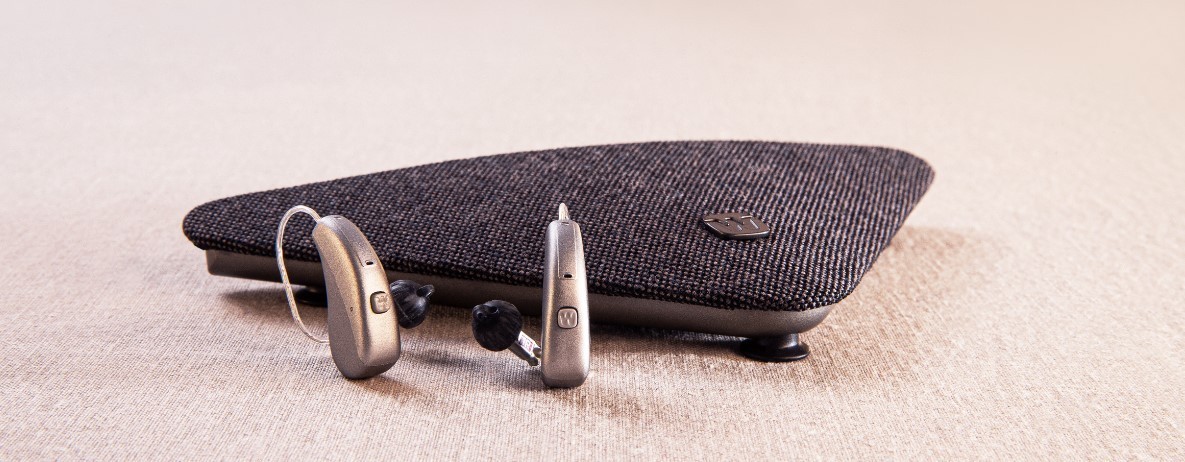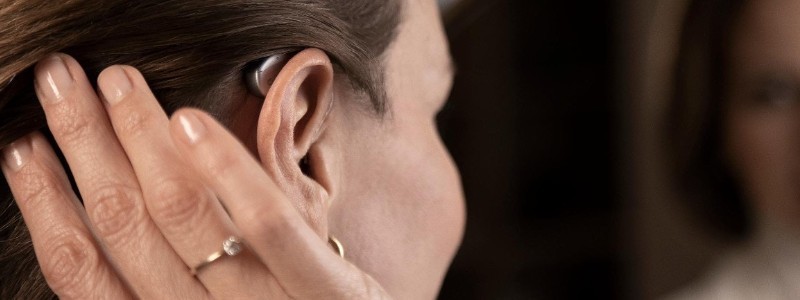How the sign user interprets own surveys. I can but refer you to your own survey results. As a 'social' tool sign has obvious uses and of course the choice is the users. where it fails to register is as an educational tool to access mainstream and advance deaf options. 'BSL' has next to no signs for terms compared with English, so that renders the grammar hit and miss too. 500,000 words in the English dictionary, 2,500 in the BSL one. A 1,000 added since 1970. I can point you to more able deaf who have professional jobs, who have no signs for the work they do, and trying to invent their own, again based on English. The BSL ABC by default is using English letters/words and terms. Sign is the visual interpretation of it.

Based on colloquialisms, and formats people use together 'BSL' can become a language, it can be an advanced form or a very basic one, the only rule is a grouping uses it. If you have few signs, you have no real grammar and an impoverished language. There is next to no signed academic resources, so it cannot be used to teach deaf on its own, so it is used to access a real language. BSL is more a 'pigeon' form of the host language, S.E. and SSE more appropriate as it is more a match, also no issue to deaf as it is a visual medium too. Given only point 2% of deaf have ANY historical, or genetic deaf background, you cannot apply this maxim to everyone or, 'infer' it. It is dishonest.
I concede it is a novelty but we are in different times to the 1950s and 1960s of the last millennium, huge advances in assisting the deaf to hear etc, fewer deaf schools and clubs, and as your survey identified fewer deaf too. if we refer back to the 'British Association for the Deaf & Dumb' videos of the times, (The old BDA title), of the pre 1950s, then finger-spelling was the primary signing used, not 'conceptual signing' they claim it is now, that suggests deaf are so aware, they can fill in details of things they aren't aware of. 'Edited highlights' cover a multitude of awareness sins.
I am grateful you have admitted as I have stated for many years, the utter lies and distortions emanating from the BDA/RNID regarding who is deaf how many etc. I was somewhat puzzled you used 1970 statistics to bolster your 2024 survey point, and even European Statistics, it looked a little like desperation frankly. I have used AI as well as own research, and little of it backs the BSL/Deaf or cultural argument. NOBODY has any idea who is what, or how they communicate, 32 times the responses I got were that the Data Protection Act will block any attempt to do that. UK charities refused to even validate or respond, claiming exemption, from what? admitting the truth?
I've spoken to my minister and told him this allows vested interests like charities/BSL classes and course operators to declare whatever statistic they want, because they KNOW you cannot check on them for that reason, you can get responses like 'YOU prove differently..' if you challenge.. This kills any sort of logical debate on the issue. The idea of a survey is to determine need basically, you don't use your survey for that, we can refer to official systems like the NHS/LA or even the DWP who clarify and support this need, some sort of bottom line has to be established, we can't all be whatever we think we are, it would be support/provision chaos. Assessment is the way its done, we don't always know what is best for us, or, what best suits our abilities, regardless of current ridiculous claims. No magic communication bullets exist. Other hearing loss areas believe alleviations are the way forward, e.g. Hearing aids, CI's, genetic intervention, even apps on your phone etc.

Obviously the db thing is already dumped as any guide to being deaf, because many who allude to being culturally so, aren't in clinical/profound terms. Their figures suggest barely enough needy deaf to fill a classroom. What is 'deaf? or even Deaf?' apparently whatever you think it is, is really no basis to assessing how it is to be addressed, or managed. Actually the DWP is the ONLY area that officially defines deaf need, or indeed how much of an issue it is. Whether we agree or not on their assumptions is for another time, as people will read into things what they want. The census as you saw, (and quoted), reduced the 150K UK/BSL using deaf to 1/10th of that by own deaf admission, the BDA mounted a very hostile and personal attack, when I quoted the same figures, even operated a total online ban, and I am still reading these outrageous claims are not only 'fact' but getting worse, but no validations again. Think of a number, double it, who can deny it? The D/d thing hearing haven't a clue about, so use 150K or even 10m, politicians swallow it because they have to, forgetting the sole source of the Stats are the same people lobbying them, the bigger the number etc.....
At the root of it, is misinformation to promote BSL this way, and, to mostly to hearing people, again nobody has any idea if the Deaf themselves are fluent signers, you cannot ask or test them. As an ex deaf club treasurer I can tell you the level of sign capability was barely Lev 3 amidst the best of them. The best sign users are obviously hearing people who HAVE to attain high levels to 5/6 etc. Terps in turn complain they spend many £1,000s to qualify, and subject to adjudgment based on regional sign use which they aren't taught, and deaf resist a norm of the signing, regional sign versus the pressures to normalise BSL as a language.
Do I sign, yes, am I deaf? yes again, have I been involved in the community, erm obviously as a treasurer in a deaf club, they asked me, presumably because I had alternatives to BSL to communicate, it was a hindrance to them as they only used interpreters and terps, who only work the systems, not the social areas with hearing which would help deaf to manage the mainstream. The state support for BSL goes no further than their own system access, there is no desire to support BSL to integrate on any social level, indeed it is stated Deaf signers would not go that route, the drive is to establish some sort or 'parallel' way of life.
The suggestion mainstream is going to adapt to them is never going to happen, deaf are stuck with terps until they expand their options, I acknowledge not every deaf person can do that, but most can. It is not an 'attack' on BSL it is a statement of the reality. The current approaches are designed to prevent the deaf integrating or being accepted as some sort of cultural protectionism, really? It can only function in isolation and if deaf never attempt to be outgoing. Language pursuit should be based on its access advantages, the sole advantage is to the deaf themselves, which is fine assuming they never work with or integrate with anyone hearing.
Hence why we see clusters of these people in towns and cities, because that is the only way it can work, just be thankful you are NOT a sign user who doesn't have any access to this 'deaf world'. Which is actually 56% of the whole. I.E. deaf sign users, this doesn't include deaf who don't rely on sign language, who outnumber signing deaf by many 100s to one, perhaps you could research how THEY succeed without sign or a culture? as indeed they had to by way of adapting to no signed access, or, they chose not to sign anyway to retain some form of independence. It is why Hard of Hearing resist sign use.
One statistic you could look at is that primarily text is the main form of communications deaf are using on phones/TV etc, NOT BSL, obviously, English and its grammar is not the issue you are making it out to be. You actually discounted any link that BSL and Inclusion are relative. Of course it isn't if the deaf world is the only one you are part of. There is such hostility from hard-core BSL users, completely unnecessary as the majority of deaf are the people who can show them a way of moving forward, because they HAD to. I don't think deaf people want family or interpreter reliance all their lives, and personally I challenge the statement most do anyway, one stat from ASLI suggested 78% of all deaf didn't use them but family, family with no qualifications in BSL.
Campaigns to encourage deaf to utilise terps because of their neutrality, (especially in medical areas, because deaf were complaining hearing relatives were making decisions for them e.g.) were opposed by the BDA. I personally campaigned for a ban on family interpreting in the NHS and 999 for that reason. I was attacked for denying deaf rights. I think any 'awareness' you should start with your own area first.... The duality of BSL/Cultural campaigning makes your arguments weak and unsustainable, your responses aggressive and attacking. I don't have to prove anything to you, what authority grants you this right? The law says you cannot ask if I am deaf, if I sign or if I am a member of this excusive BSL set up. I feel I have proved BSL isn't helpful to the deaf as it is currently mooted, but more a jobs for the boys gig for those that profit from them, of course they are determined the golden goose keeps laying for them, £6B a year isn't to be sniffed at......





















